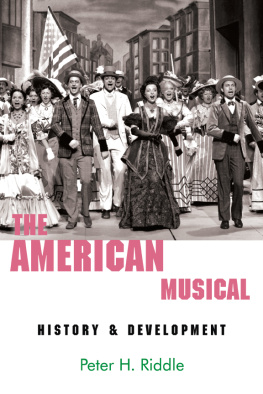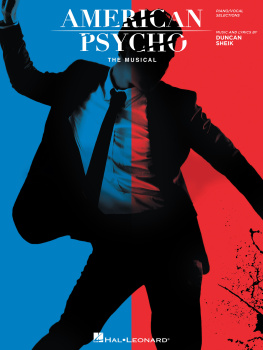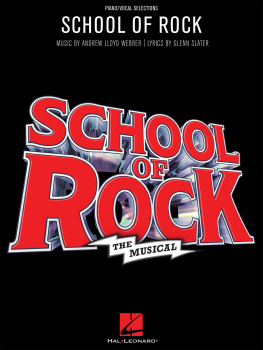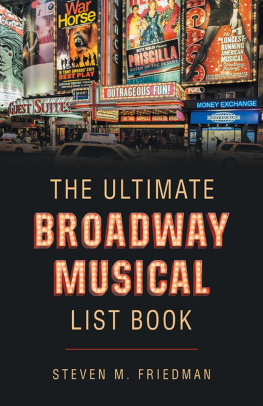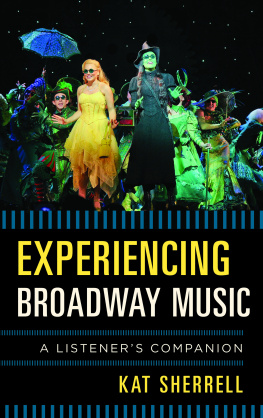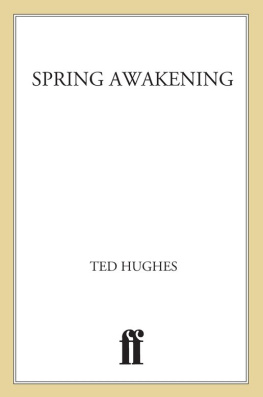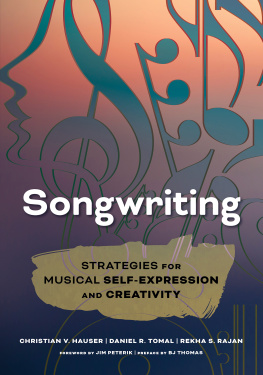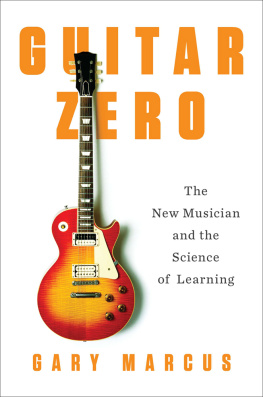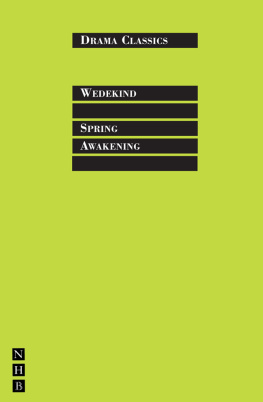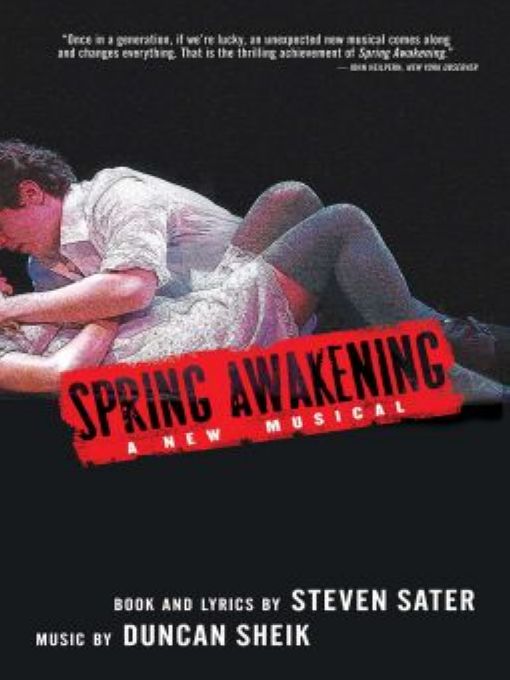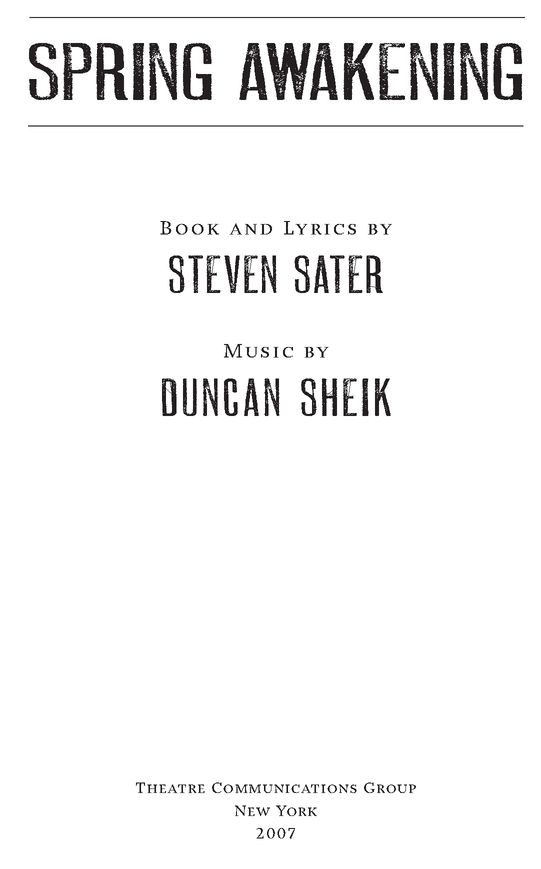Table of Contents
A kind of miracle. The staggering purity of this show will touch all open hearts. The melting lament of its confused and damaged youngsters speaks directly to us. In its refined, imaginative simplicity, it daringly reverses all the conventional rules by returning the American musical to an original state of innocence. Spring Awakening is the best new musical Ive seen in a generation.
JOHN HEILPERN, NEW YORK OBSERVER
An unexpected jolt of sudden genius! A groundbreaking must-see musical sure to wake up Broadway! Edgy in its brutally honest, unromanticized depiction of human sexuality, the night is made heart-rending and magical by themes common to all.
CLIVE BARNES, NEW YORK POST
Fantastic! Sheer exuberance exploding in a burst of power pop.
The new indie-rock treatment of Frank Wedekinds play about
hormonal adolescents has just about everything going for it.
Be prepared to say, Oh, I didnt know musicals could do that.
JEREMY McCARTER, NEW YORK MAGAZINE
Tearing into the pretend pop and reused plots that pass for new musicals on Broadway today, this primal scream of turbulent puberty is furious, serious fun.
LINDA WINER, NEWSDAY
The most explosive new musical since Rent. A gorgeous score. A passionate story. Spring Awakening is a remarkable musical that every generation is likely to appreciate now and in years to come.
MICHAEL SOMMERS, STAR-LEDGER (NEWARK)
Spring Awakening, with book and lyrics by Steven Sater and superb indie-rock anthems by Duncan Sheik, throbs with dark humor and dangerous desire. The music, alternately brattish punk and yearning power ballads, reaches the heart of Wedekinds tormented adolescents. Spring Awakening is a cult hit in the making if ever I saw one.
CHARLES SPENCER, TELEGRAPH (LONDON)
The most thrilling pop musical ever. Veteran pop composer Duncan Sheik and lyricist/book writer Steven Sater capture the melancholy and mortification of adolescence with all of the intensity it deserves and none of the condescension it so often receives.
ERIC GRODE, NEW YORK SUN
I saw Spring Awakening exactly thirty-eight days ago, and
I havent gone a day without replaying it in my head since.
Two sensuous ballads, Touch Me and The Word of Your
Body, are so gorgeous, they already rank among the best ever
written for the stage. The main love story is nothing short of
Greek tragedy. Spring Awakening is an intoxicating experience.
JOHN MOORE, DENVER POST
Exhilarating. A show that bristles with rawness, vitality and urgency. Saters book and lyrics seem to capture from within the uniquely teenage feeling that every emotion is the most tempestuous, frightening, passionate or exciting one ever experienced.
DAVID ROONEY, VARIETY
Spring Awakening is a breathtaking dissection of what it means to grow up. In its exploration of new-found sexualitywhen everything is extreme, with never a shade of graythe show rips through the Eugene ONeill Theatre with pounding intensity. When it is at its alternative-rock best, it sweeps the audience into its beat; when it is at its most poignant, you feel like the only person in the theater.
HOWARD SHAPIRO, PHILADELPHIA INQUIRER
Spring Awakening is an extraordinary new musical. Melodies like The Song of Purple Summer reach deep inside the listener and stir feelings that may have been sleeping for a long time. Its what great theater should do. Its what Spring Awakening does.
RICHARD OUZOUNIAN, TORONTO STAR
Breathtaking. Sheiks iridescent music and Saters imagistic lyrics make everyone recall when they, too, were young, unshakably set on radicalizing the world. Its electrifying.
LEONARD JACOBS, BACKSTAGE
For my parents; and my children;
and for you, L...
S.S.
PREFACE
When we were young Frank Wedekind was the
Masked Man of our Spring Awakening... This was the
turn of the century. Bourgeois ideas lay in their agony.
BERTHOLD VIERTEL (1885-1953), WRITINGS ON THEATRE
Suffice it to say, by the time I thought of introducing Wedekinds Masked Man to the American musical theater, those same bourgeois ideas had more than managed to rise again.
It was indeed the turn of a new century when I first gave Duncan a copy of the play. Some months later, in the wake of the shootings at Columbine, its subject felt all the more urgent; I approached (director) Michael Mayer about working on it with us.
These days, a short eight years later, in the shadow of the shootings at Virginia Tech, I am often asked why I ever thought Spring Awakening could work as a musical. And my only real answer is that I knew and loved the play, that I had long felt it was a sort of opera-in-waiting, and that somehow I could already hear Duncans music in it.
Subtitled A Childrens Tragedy, Wedekinds play is full of the unheard, anguished cries of young people. It struck me that pop musicrock musicis the exact place that adolescents for the last few generations have found release from, and expression of, that same mute pain.
The flesh has its own spirit, Wedekind once wrote. And surely his gorgeous threnody already has the soul of song within it. But I never dreamed that, by letting his characters actually sing, we would end up so profoundly transforming his work.
Then, perhaps there is something in the nature of song itself that opens the door to storythat admits us to the heart of the singeras if every song tells of a sort of unacknowledged I want. For, what we sing is what is unspoken, what is hidden. The real story.
As we began work, I vowed to remain true to Wedekinds fierce original intent. But I soon found that once we had access, through song, to the inner workings of our characters hearts and minds, we engaged with them differentlywe embarked on journeys with them. Before long, we found ourselves altering the structure, even the substance, of our source material, to account for the places those songs had taken us.
From the start, my thought was that the songs in our show would function as interior monologues. Characters would not serenade one another in the middle of scenes. Rather, each student would give voice to his or her inner landscape.
Surely, the original play is full of exquisite monologuesa dramatic technique Wedekind inherited from his country-men Goethe and Schiller. But our monologues were meant to be truly interiora technique more familiar in twentieth-century fiction.
Instinctively, I felt I did not want to write lyrics which would forward the plot, and so chose not to follow that golden rule of musicals. I wanted a sharp and clear distinction between the world of the spoken and the world of the sung. And yet, I also wanted to create a seamless and ongoing musical counterpoint between the languages of those distinct worlds.
The infamous twentieth-century philosopher Ludwig Wittgenstein famously wrote: What we cannot speak about, we must pass over in silence. And, yet, song seems to let us pause within that silence, to find ourselves articulate within it.
Within our show, the songs soon came to function as sub-text. The boy and girl fumble to make polite conversation; but underneath, each of them already senses the enormous story about to unfold between them: O, Im gonna be wounded...


